Teruyo Nogami
Birth : 1927-05-24, Tokyo, Japan
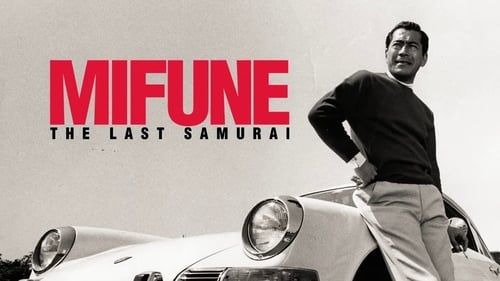
Self - Script Supervisor
An account of the life and work of legendary Japanese actor Toshirō Mifune (1920-97), the most prominent actor of the Golden Age of Japanese cinema.
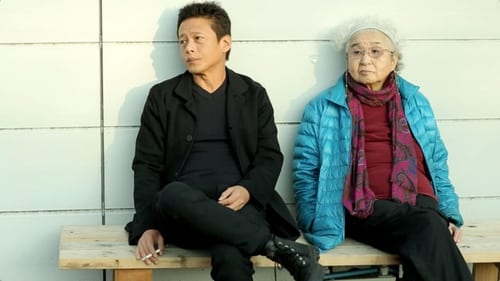
A documentary about Nogami Teruyo, who for nearly half a century stood by Akira Kurosawa as a screenwriting collaborator, a script supervisor, and a companion.

Self
Akira Kurosawa: The Epic and the Intimate is a French documentary film that consists primarily of interviews with Kurosawa’s European collaborators from the time of the making of Ran, with footage from the film interspersed between the talking heads.
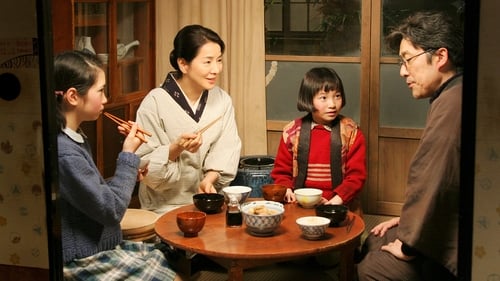
Author
Set in Tokyo in 1940, the peaceful life of the Nogami Family suddenly changes when the father, Shigeru, is arrested and accused of being a Communist. His wife Kayo works frantically from morning to night to maintain the household and bring up her two daughters with the support of Shigeru's sister Hisako and Shigeru's ex-student Yamazaki, but her husband does not return. WWII breaks out and casts dark shadows on the entire country, but Kayo still tries to keep her cheerful determination, and sustain the family with her love. This is an emotional drama of a mother and an eternal message for peace.

Producer
Documentary made by Toho for the Masterworks reissue of all of its Kurosawa films. This one focuses on "Dodes'ka-den" (1970).

Producer
Documentary made by Toho for the Masterworks reissue of all of its Kurosawa films. This one focuses on “Ran” (1985).

Producer
Documentary made by Toho for the Masterworks reissue of all of its Kurosawa films. This one focuses on "The Lower Depths" (1957).

Producer
Documentary made by Toho for the Masterworks reissue of all of its Kurosawa films. This one focuses on "The Bad Sleep Well" (1960).

Producer
Documentary made by Toho for the Masterworks reissue of all of its Kurosawa films. This one focuses on "Stray Dog" (1949).

Producer
Documentary made by Toho for the Masterworks reissue of all of its Kurosawa films. This one focuses on "Kagemusha" (1980).

Producer
Documentary made by Toho for the Masterworks reissue of all of its Kurosawa films. This one focuses on "Ikiru" (1952).

Producer
Documentary made by Toho for the Masterworks reissue of all of its Kurosawa films. This one focuses on "Throne of Blood" (1957).

Producer
Documentary made by Toho for the Masterworks reissue of all of its Kurosawa films. This one focuses on "The Hidden Fortress" (1958).

Producer
Documentary made by Toho for the Masterworks reissue of all of its Kurosawa films. This one focuses on "High and Low" (1963).
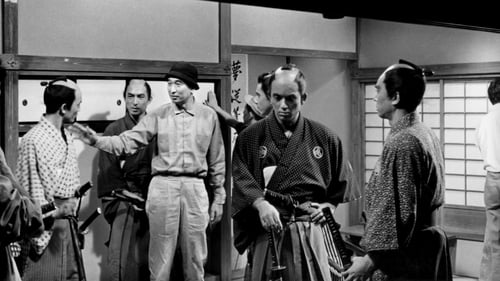
Producer
Documentary made by Toho for the Masterworks reissue of all of its Kurosawa films. This one focuses on "Sanjuro" (1962).

Producer
Documentary made by Toho for the Masterworks reissue of all of its Kurosawa films. This one focuses on "Yojimbo" (1961).

Producer
Documentary made by Toho for the Masterworks reissue of all of its Kurosawa films. This one focuses on "Seven Samurai" (1954).

Self
Documentary made by Toho for the Masterworks reissue of all of its Kurosawa films. This one focuses on "Dodes'ka-den" (1970).

Self
Documentary made by Toho for the Masterworks reissue of all of its Kurosawa films. This one focuses on "Drunken Angel" (1948).

Self
Documentary made by Toho for the Masterworks reissue of all of its Kurosawa films. This one focuses on "Stray Dog" (1949).

Self
Documentary made by Toho for the Masterworks reissue of all of its Kurosawa films. This one focuses on "The Bad Sleep Well" (1960).

Self
Documentary made by Toho for the Masterworks reissue of all of its Kurosawa films. This one focuses on "High and Low" (1963).

Self
Documentary made by Toho for the Masterworks reissue of all of its Kurosawa films. This one focuses on "Sanjuro" (1962).

Self
Documentary made by Toho for the Masterworks reissue of all of its Kurosawa films. This one focuses on "Yojimbo" (1961).

Self
Documentary made by Toho for the Masterworks reissue of all of its Kurosawa films. This one focuses on "Seven Samurai" (1954).

Interviewer/Interviewee
Documentary made by Toho for the Masterworks reissue of all of its Kurosawa films. This one focuses on "Ikiru" (1952).

Self
Documentary made by Toho for the Masterworks reissue of all of its Kurosawa films. This one focuses on "Kagemusha" (1980).

Self
Documentary made by Toho for the Masterworks reissue of all of its Kurosawa films. This one focuses on "The Hidden Fortress" (1958).

Self
In this documentary, script supervisor Teruyo Nogami, who first worked with Akira Kurosawa on RASHOMON, catches up with many members of the crew, including cowriter Shinobu Hashimoto and assistant director Tokuzo Tanaka. They talk about the screenplay’s evolution, difficulties during the shooting of the film, and Kurosawa’s working methods.

Self
Documentary on film maker Akira Kurosawa

Art Direction
A group of travelers is stranded in a small country inn when the river floods during heavy rains. As the bad weather continues, tensions rise amongst the trapped travelers.

Self
A profile and history of film director Akira Kurosawa.
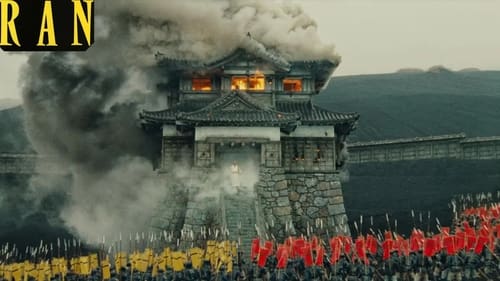
Production Manager
With Ran, legendary director Akira Kurosawa reimagines Shakespeare's King Lear as a singular historical epic set in sixteenth-century Japan. Majestic in scope, the film is Kurosawa's late-life masterpiece, a profound examination of the folly of war and the crumbling of one family under the weight of betrayal, greed, and the insatiable thirst for power.
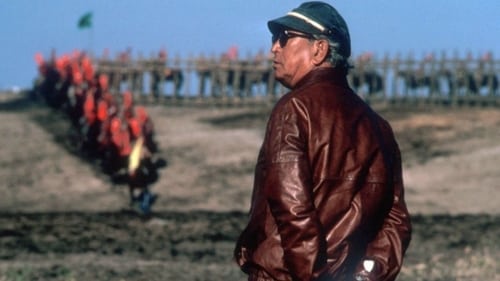
Self
In 1985, Chris Marker traveled to Japan to attend the filming of Ran, directed by Akira Kurosawa. Marker analyzes the progress of filming; the infinite patience of a team under the orders of a meticulous director down to the smallest detail; the antithetical mixture of the modern with the traditional; of the real with the fictitious; of life with cinema… and literature.
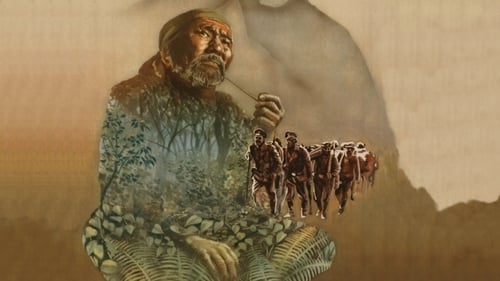
Assistant Director
A military explorer meets and befriends a Goldi man in Russia’s unmapped forests. A deep and abiding bond evolves between the two men, one civilized in the usual sense, the other at home in the glacial Siberian woods.

Script Supervisor
Aspiring to an easy job as personal physician to a wealthy family, Noboru Yasumoto is disappointed when his first post after medical school takes him to a small country clinic under the gruff doctor Red Beard. Yasumoto rebels in numerous ways, but Red Beard proves a wise and patient teacher. He gradually introduces his student to the unglamorous side of the profession, ultimately assigning him to care for a prostitute rescued from a local brothel.
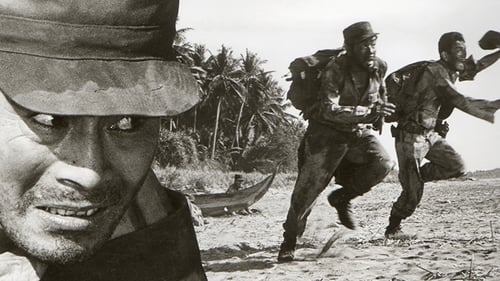
Script Supervisor
During World War II, Japan sends gold to the Phillipines. After the war, the gold is lost in the bay of Manille. Former soldier Takeichi Matsuo is now working as a business executive. He meets Mintsura Gunji, the boss of a large company, who offers him to go to the Philippines and bring back the gold.
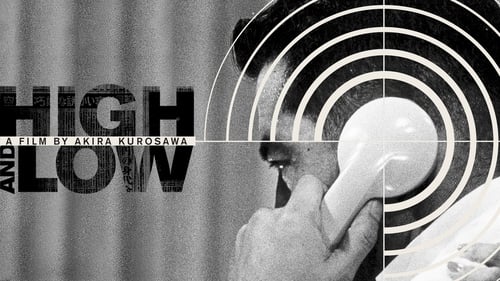
Script Supervisor
An executive of a shoe company becomes a victim of extortion when his chauffeur's son is kidnapped and held for ransom.
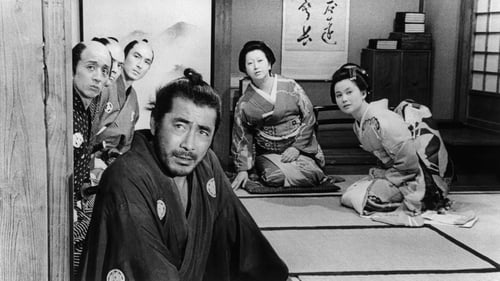
Script Supervisor
Toshiro Mifune swaggers and snarls to brilliant comic effect in Kurosawa's tightly paced, beautifully composed "Sanjuro." In this companion piece and sequel to "Yojimbo," jaded samurai Sanjuro helps an idealistic group of young warriors weed out their clan's evil influences, and in the process turns their image of a proper samurai on its ear.
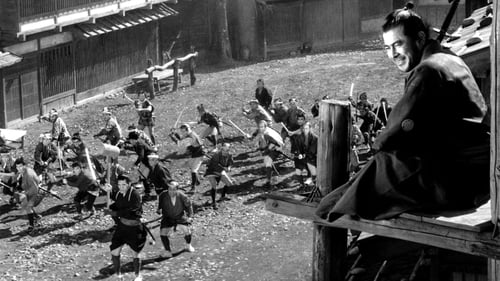
Script Supervisor
A nameless ronin, or samurai with no master, enters a small village in feudal Japan where two rival businessmen are struggling for control of the local gambling trade. Taking the name Sanjuro Kuwabatake, the ronin convinces both silk merchant Tazaemon and sake merchant Tokuemon to hire him as a personal bodyguard, then artfully sets in motion a full-scale gang war between the two ambitious and unscrupulous men.
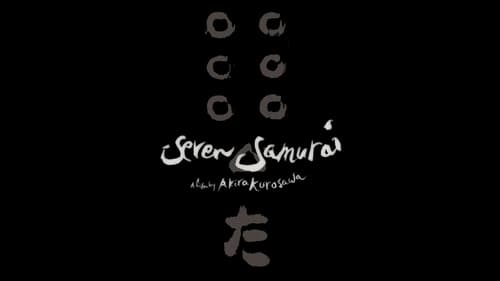
Production Assistant
A samurai answers a village's request for protection after he falls on hard times. The town needs protection from bandits, so the samurai gathers six others to help him teach the people how to defend themselves, and the villagers provide the soldiers with food.

Script Supervisor
A samurai answers a village's request for protection after he falls on hard times. The town needs protection from bandits, so the samurai gathers six others to help him teach the people how to defend themselves, and the villagers provide the soldiers with food.
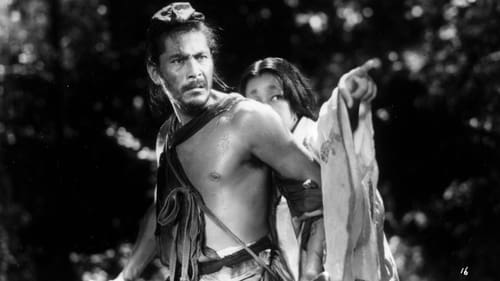
Script Supervisor
Brimming with action while incisively examining the nature of truth, "Rashomon" is perhaps the finest film ever to investigate the philosophy of justice. Through an ingenious use of camera and flashbacks, Kurosawa reveals the complexities of human nature as four people recount different versions of the story of a man's murder and the rape of his wife.








































